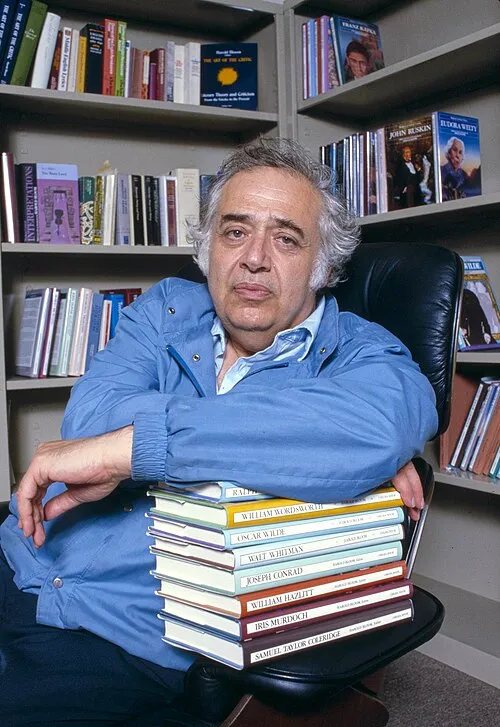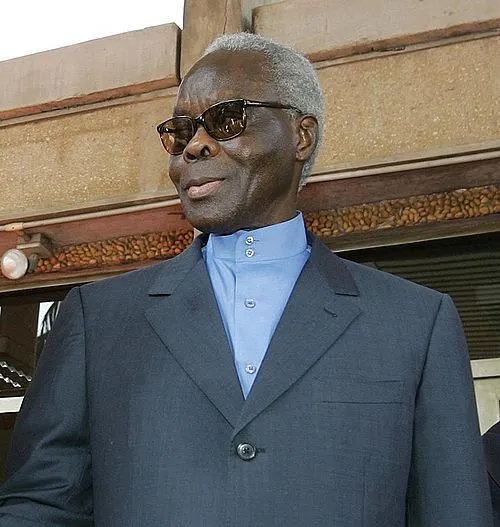In 2021, approximately 10,000 American workers at John Deere launched a significant strike, highlighting labor challenges in the agricultural machinery industry.
On October 14
11
Important Days
64
Important Events
351
Births and Deaths
recorded.
Holidays and Occasions
Events
Births and Deaths

Understanding the Intercession of the Theotokos: A Spiritual Guide
The Intercession of the Theotokos, revered in Orthodox Christianity, plays a vital role in the devotional life of the faithful. The term 'Theotokos' translates to 'God-bearer' and refers to the Virgin Mary, the mother of Jesus Christ...

Day of the Cathedral of the Living Pillar: A Celebration of Faith and Heritage
The Day of the Cathedral of the Living Pillar, celebrated by the Georgian Orthodox Church, is a significant occasion that reflects the rich history and deep spirituality of Georgia. This event holds profound meaning for the faithful and showcases the architectural marvel that is the Living Pillar Cathedral...

Mother's Day Celebration in Belarus: Traditions and Importance
Mother's Day in Belarus, celebrated on the second Sunday of May, is a heartfelt occasion that honors the incredible role mothers play in our lives. This special day provides an opportunity to recognize their love, dedication, and sacrifice...

National Education Day in Poland: Celebrating the Heart of Learning
National Education Day, celebrated on October 14th in Poland, is a significant occasion that honors the contributions of teachers and promotes the importance of education in society. This day was formerly known as Teachers' Day and is marked by various events, recognition ceremonies, and celebrations across the country...

Nyerere Day: Celebrating the Legacy of Tanzania's Founding Father
Nyerere Day, observed annually on October 14, is a significant occasion in Tanzania that honors the legacy of Julius Nyerere, the country’s first president and a key figure in the fight for independence. Known as the 'Father of the Nation', Nyerere played an instrumental role in shaping modern Tanzania, and this day serves as a reminder of his contributions, vision, and ideals...

Second Revolution Day in Yemen: A Look Back at the Uprising
Second Revolution Day, celebrated on September 21 each year, marks a significant milestone in Yemen's modern history. It commemorates the 2014 uprising, which led to the ousting of the government and the escalation of conflict that drastically transformed the political landscape of Yemen...

World Standards Day: Promoting Global Quality and Safety
Every year, on October 14, the world observes World Standards Day, a day dedicated to raising awareness about the importance of standards in various industries, professions, and everyday life. This global event, coordinated by the International Organization for Standardization (ISO), aims to highlight the key role that standardization plays in promoting international trade, ensuring quality products and services, and safeguarding consumer and environmental safety...

Angadrisma: Exploring Cultural Significance and Artistic Legacy
Angadrisma, a term rich in cultural and historical significance, often evokes curiosity and intrigue. This article aims to delve deep into its origins, meaning, and impact on various domains such as culture, history, and contemporary society...

Exploring the Life and Legacy of Fortunatus of Todi
Fortunatus of Todi, a lesser-known saint in Christian hagiography, has become an intriguing subject for both religious scholars and historians alike. Known for his deep spirituality and commitment to the Christian faith, Fortunatus is venerated particularly in Todi, a charming town in the province of Perugia, Italy...

Joseph Schereschewsky: Bishop, Translator, and Missionary of the Episcopal Church
Joseph Schereschewsky was a prominent figure in the Episcopal Church, known for his remarkable contributions as a bishop, translator, and missionary. Born on March 19, 1831, in Lithuania, Schereschewsky's journey to becoming a notable leader in the American Episcopal Church is both inspirational and significant in the history of the church...

Pope Callixtus I: Contributions and Legacy in Early Christianity
Pope Callixtus I, who served as the pope from around 217 to 222 AD, is a pivotal figure in early Christian history. His papacy occurred during a tumultuous period marked by political instability and persecution of Christians...





























